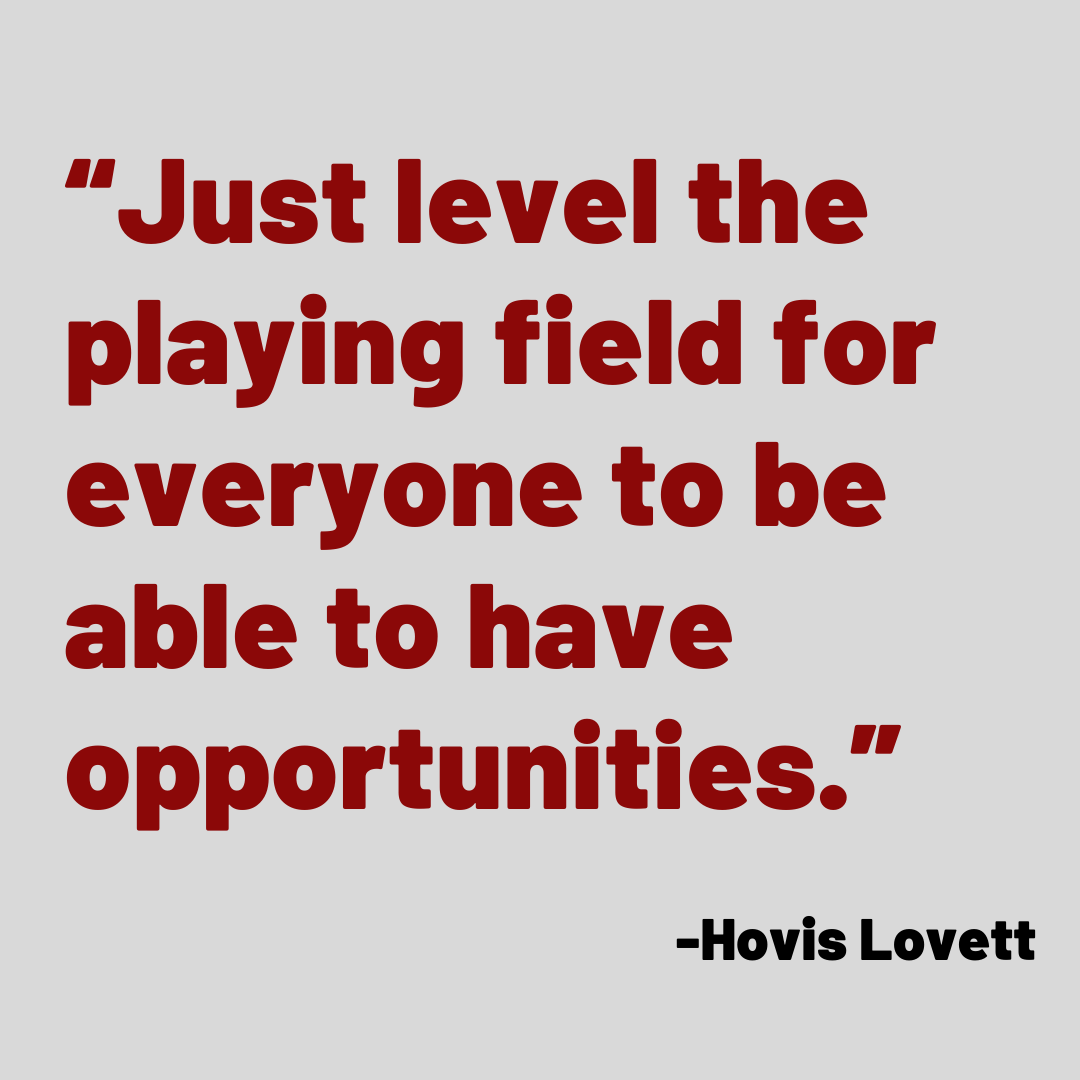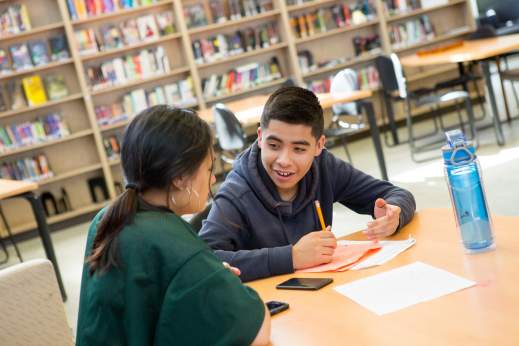 What do we know?
What do we know?
The prevalence of disability among youth (ages 14-24) is 6.1% nationally, but rates vary from 10.1% in Maine to 4.1% in Hawaii (Cheng & Shaewitz, 2019). In every state, youth with disabilities are less likely to graduate high school, enter and complete postsecondary education, or enter employment (ibid).
Youth with disabilities are often left out of conversations about policies that affect them—policies about employment, education, healthcare, transportation, and more. Organizations that serve youth do not always consider how to be inclusive of all youth, including those with disabilities.
IEL engages youth with disabilities in the issues, policies, and practices that affect their lives and their communities. We are determined to amplify their voices and in May 2020, we held a national community forum with six young people with disabilities from Texas, Michigan, Georgia, and California, ranging in ages from 15 to 24 years old, to discuss the impact of COVID-19 on their lives. Together we created Listen to Us, a report on what issues youth are facing and how practitioners and service providers can support them in local communities.
What did we learn?
Youth with disabilities face barriers to success that have been exacerbated by the COVID-19 pandemic and the pandemic of racism that has generated protests in support of Black Lives Matter. Some of these young people are facing barriers that are disability-specific and include: access to technology, participating in schools, finding and keeping jobs, dealing with stress and mental health concerns, finding health and mental health supports, and accessing basic needs for themselves, their families, and their communities.
What can you do?
The panel had very specific recommendations that hit on common themes:
Listen to young people with disabilities – they want to be heard. Do not treat youth with disabilities as though they are not capable of doing anything on their own. Rather, elevate youth voices and help youth advocate for themselves. This includes understanding their communication style, helping them understand their own disability and how to ask for accommodations, and providing space for youth voices to be heard.
Create cohesive services and access to resources so youth do not have to look for what they need in different places. Collaborate with other organizations doing the same work and work within your own organization to create a straightforward, accessible process for obtaining resources.
Provide financial supports to ensure their basic needs are met. This includes access to job opportunities, housing and rental assistance, food, health care, and household items. Ensure these resources are also reaching rural areas and indigenous communities.
Learn more about specific supports you can provide and other resources in the report here.
What kind of policies are needed to support employment for youth with disabilities? Read our Dialogue Report and learn more about IEL’s Inclusion Priority Framework here.
IEL wishes to thank C’alra Bradley, Erika DeLong, Jason Hagins, Hovis Lovett, Fernando Olivarez, and James Saunders for sharing their views and their voices through the community forum and report. A special thanks to the RAMP, Right Turn, and Y-TAC programs across the country for their continued support of these youth.
